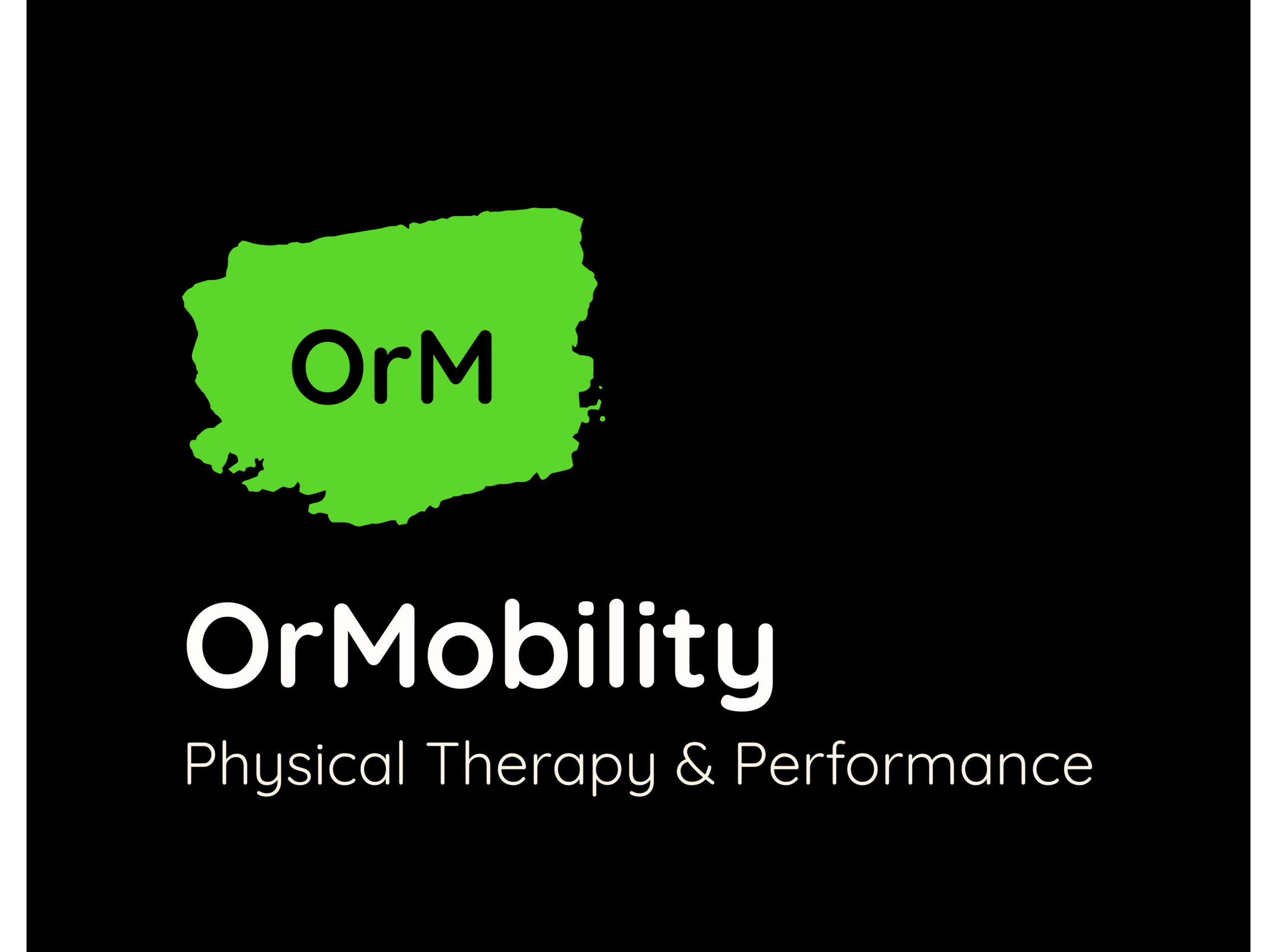Waking up with neck pain is a common issue that affects many people, disrupting their day before it even begins. This discomfort can range from mild stiffness to severe pain, impacting your ability to perform daily activities and reducing your overall quality of life. Understanding the causes, treatments, and prevention strategies for neck pain can help you find relief and prevent future occurrences.
Common Causes of Waking Up with Neck Pain
Neck pain is a prevalent musculoskeletal disorder, with an age-standardized prevalence rate of 27.0 per 1,000 population in 2019. There are several reasons why you might be waking up with neck pain. From your sleep position to underlying medical conditions, identifying the cause is the first step in finding relief.
Poor Sleep Posture
One of the most frequent causes of waking up with neck pain is poor sleep posture. The way you position your head and neck during sleep can significantly affect your neck’s comfort and health. Using an inappropriate pillow or sleeping in an awkward position can strain the neck muscles and lead to pain. Ideally, your pillow should support the natural curve of your neck, keeping your spine in a neutral position. Feather pillows, memory foam pillows, or horseshoe-shaped pillows can provide better support and reduce neck strain.
Stress and Tension
Stress and tension can also contribute to neck pain. Emotional stress often leads to physical tension in the body, particularly in the neck and shoulders. This tension can build up overnight, resulting in stiffness and pain upon waking. Regular stress management techniques, such as meditation and deep breathing exercises, can help alleviate this tension.
Injury or Trauma
Previous injuries or trauma to the neck can cause lingering pain that may be exacerbated by sleeping positions or movements during the night. Conditions like whiplash from sports injuries or muscle strains from physical activities can lead to chronic neck pain if not properly treated.
Sudden Sleep Movements
Abrupt movements during sleep, such as tossing and turning, can strain the neck muscles and cause pain. These sudden movements can result from an uncomfortable sleep environment or disturbances during the night. Maintaining a comfortable sleep environment and using a firm pillow can help minimize these movements.
Medical Conditions
Several medical conditions can also contribute to neck pain, which may include the following:
Arthritis: Osteoarthritis in the neck can lead to stiffness and pain due to the breakdown of cartilage between the vertebrae. This type of musculoskeletal pain often worsens over a period of time and can significantly impact your range of motion.
Nerve Compression: Conditions like herniated discs or bone spurs can compress nerves in the neck, causing pain and discomfort. This type of pain can also radiate to other areas, leading to shoulder pain or headaches.
Activity During Daytime
Your daily activities and posture can also influence how your neck feels in the morning. Spending long hours sitting at a desk, using electronic devices, or engaging in repetitive motions can strain the neck muscles and lead to pain. Maintaining good posture throughout the day and taking regular breaks to move and stretch can help reduce this strain.
Effective Treatments for Waking Up with Neck Pain

Finding effective treatments for neck pain involves a combination of at-home remedies and professional interventions. Here are some options to consider:
At-Home Remedies
Several at-home treatments can help alleviate neck pain. Here are some treatments that you can try at home.
Applying Ice and Heat Packs: Alternating between ice and heat packs can reduce inflammation and soothe sore muscles. Ice packs are best used for the first 24-48 hours after the onset of pain to reduce swelling, while heating pads can help relax and loosen tissues and stimulate blood flow to the area.
Over-the-Counter Pain Medications: Non-prescription pain relievers, such as ibuprofen or acetaminophen, can help manage pain and reduce inflammation. These counter painkillers are easily accessible and can provide quick relief for a sore neck.
Gentle Exercises: Stretching and gentle neck exercises can improve flexibility and reduce muscle tension. Exercises that target the neck and shoulders, such as neck rolls and shoulder shrugs, can help maintain a good range of motion and alleviate pain.
Physical Therapy
For persistent or severe neck pain, physical therapy may be beneficial. A physical therapist can develop a customized exercise and treatment plan to strengthen neck muscles, improve posture, and alleviate pain. Treatments for neck pain may include manual therapy, specific exercises, and modalities like ultrasound or electrical stimulation.
Tips to Prevent Waking Up with Neck Pain
Preventing neck pain involves making changes to your daily habits and sleep environment. Here are some tips to help you wake up pain-free:
Proper Sleeping Posture
Maintaining proper sleeping posture is crucial for preventing neck pain. Ensure your head and neck are aligned with your spine, and avoid sleeping on your stomach, which can strain the neck. Using a special pillow, such as a rounded pillow or a firm pillow, can help keep your neck in a neutral position.
Research indicates that both sleep position and sleep quality can influence musculoskeletal pain, such as neck and shoulder pain. This highlights the importance of not just how you sleep, but the quality of your sleep as well. Another study conducted in 2017 discovered that sleeping with one hand raised near the head can significantly increase neck and shoulder pain. This finding underscores the impact of sleep positions on neck health, reinforcing the need for conscious sleep habits.
Choosing the Right Pillow and Mattress
Investing in a supportive pillow and a comfortable mattress can make a significant difference in preventing neck pain. Memory foam pillows that contour to the shape of your head and neck can provide excellent support. A mattress that supports your body without causing pressure points is also essential for maintaining proper alignment and reducing neck strain.
Stress Management Techniques
Incorporating stress management techniques, such as meditation, deep breathing exercises, and yoga, can help reduce tension and prevent neck pain. These practices can help you relax before bed and improve your overall sleep quality, reducing the likelihood of waking up with neck pain.
Maintaining Proper Posture During the Day
Being mindful of your posture throughout the day can help prevent neck pain. Ensure your workstation is ergonomically designed, and take frequent breaks to stretch and move around. Avoiding prolonged periods in awkward angles can reduce the risk of developing neck stiffness and pain.
Regular Exercises
Regular physical activity, including exercises that strengthen the neck and upper back muscles, can help prevent neck pain. Incorporating activities like swimming or Pilates can also improve overall muscle tone and flexibility, reducing the likelihood of developing neck strain.
When to Seek Professional Help

If your neck pain persists for more than a few days, is severe, or is accompanied by other symptoms such as numbness or weakness in your arms or hands, it is important to seek professional medical advice. A healthcare provider can diagnose the underlying cause of your neck pain and recommend appropriate treatments. In some cases, imaging tests may be necessary to rule out more serious conditions affecting the spinal cord or nerves.
OrMobility Physical Therapy & Performance Can Help You
At OrMobility Physical Therapy & Performance, we specialize in providing comprehensive care for those suffering from pain in neck. Our expert team in physical therapy Roseburg Oregon is dedicated to identifying the root causes of your discomfort and crafting personalized treatment plans that address your unique needs. Through a combination of advanced techniques and compassionate care, we help you achieve the goals of physical therapy, focusing on both short-term relief and long-term wellness. Whether you are dealing with a painful neck due to poor posture, sports injuries, or chronic conditions, we have the expertise to help you recover.
Conclusion
Waking up with neck pain can be a frustrating experience, but understanding its causes and knowing how to treat and prevent it can make a significant difference. By adopting proper sleep habits, managing stress, and seeking appropriate treatments, you can reduce neck pain and enjoy a healthier, pain-free life. Don’t let neck pain control your mornings; take proactive steps to ensure a comfortable and pain-free wake-up.
FAQs
Why do I wake up with neck pain in the morning?
If you wonder “Why does my neck hurt when I wake up?” Neck pain in the morning can be caused by poor sleep posture, an inappropriate pillow, stress, or underlying medical conditions. Identifying and addressing these factors can help you wake up pain-free. Additionally, waking up with headaches and neck pain might indicate that your sleeping environment or habits need adjustment.
Should I sleep without a pillow if my neck hurts?
Sleeping without a pillow is generally not recommended as it can cause additional strain on the neck. Instead, use a pillow that supports the natural curve of your neck, such as memory foam pillows or a special pillow designed for neck support. This can help reduce the likelihood of waking up with neck pain every morning.
How do you fix neck pain from sleeping?
To fix neck pain from sleeping, try using ice and heat packs, over-the-counter pain medications, and gentle neck exercises. If the pain persists, consider seeking professional help from a physical therapist. Ensuring proper sleep posture and using a supportive pillow can also help prevent future occurrences of waking up with neck pain.


